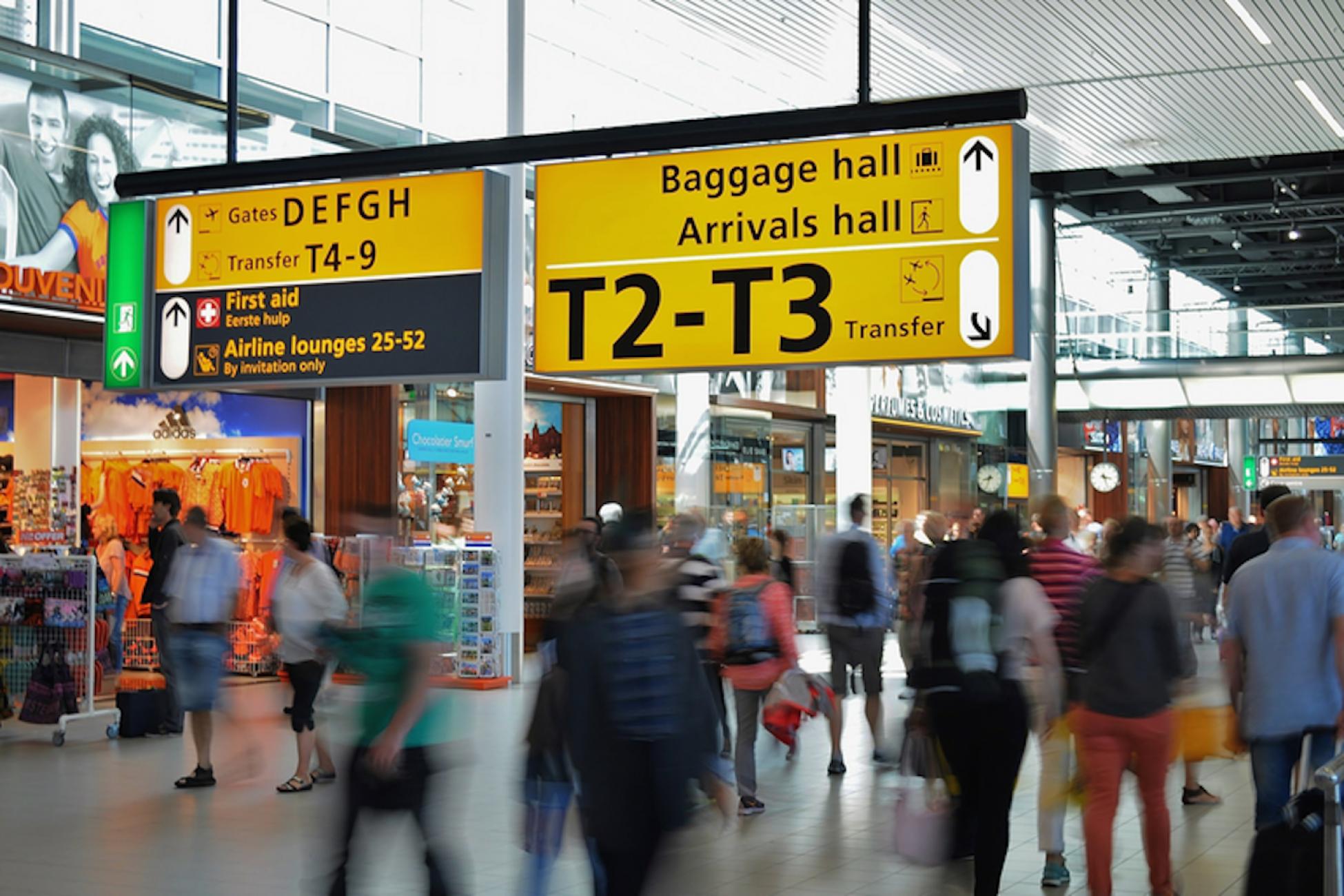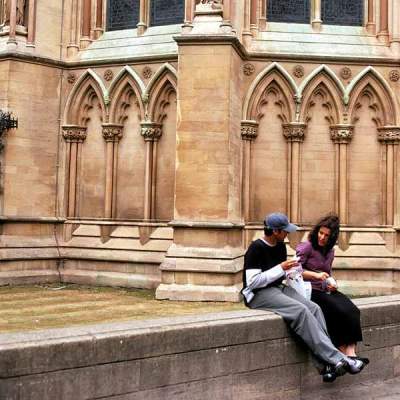For many students, spending a semester overseas may be their first solo cross-cultural experience. It can be exciting, but it can also be overwhelming—particularly at a time when newspapers are wrought with reports of natural disasters, political instability and crime abroad.
Studying abroad should be about transformation, not trepidation, which is why we spoke with the experts to find out how to make sure you have a safe time abroad.
Determine what the real risks are
Zika virus, terrorism, earthquakes—you name it, we’re conditioned to fear it. “We naturally view risks through an emotional lens,” says Bill Frederick, founder of Lodestone Safety International. “There are frequently issues that garner greater attention than warranted because of their prominence in the media.”
In reality, young people abroad are more likely to die as the result of motor vehicle accidents, suicide or drowning. Chances are, most of the risks that you’ll encounter abroad will be similar to those that you might experience at home. Whenever you do feel yourself getting sucked in by the sensationalism, remember this: more people die each year from selfies gone awry than from shark attacks.
Let common sense prevail
According to a 2015 survey conducted by On Call International, a travel risk management company, the reason study abroad students are more vulnerable is because they tend to engage in “riskier behaviours.” This translates to casual sex, excessive alcohol consumption, drug use (including trying drugs for the first time) and accepting rides from strangers.
Sure, there’s a first time for everything. But before you jump on the back of a moped without a helmet, have unsafe sex, get blackout drunk, or forgo your seatbelt, ask yourself: “Would I do this at home?” It might seem like common sense—mainly because it is. (Oh, and don’t forget to wear sunscreen.)
Be prepared for worst-case scenarios
Studying abroad safely doesn’t just mean getting immunized and purchasing insurance—it also means knowing what to do, where to go and who to contact in case of an emergency.
“We would never get behind a wheel [of a car] without understanding the conditions or what to do in an emergency. Travel is an exotic enticement—we just go,” says Sheryl Hill of Depart Smart, who founded the organization after her 16-year-old son died overseas.
In addition to taking careful notes at your school’s pre-departure session, you should be able to answer the following questions:
• What number should you call in case of emergency? (In many countries, “911” doesn’t work.)
• How do you ask for help and give your address in the local language?
• When, why and where should you seek out medical care?
• Who should you contact at your home university in the case of an emergency?
• Where is your host university’s international student centre and what is their contact information?
• Where is the nearest embassy or consulate for your home country?
• Do your emergency contacts have passports good beyond six months of your return? (In the event of an emergency, they may have to travel to meet you.)
Be aware of pre-existing conditions
“Different attitudes about food allergies and road safety are just a few of things that we tend to initially assume will be the same all over the world—and they are not,” says Catherine Lemmon, an international program advisor at Queen’s University International Centre. “We want students to think about all possible risks and what applies to them.”
Amongst the things students should be concerned about? Existing medical conditions, including mental health. “Transitions to a new and different culture can be stressful and students need to consider how they will successfully manage that stress,” says Lemmon.
Technology can help
There are countless apps that can help you on your journey, from Companion (which allows you to connect with a friend while you walk home alone), to My Medical App (which allows you to store vaccination and medical history).
For Canadians, Lemmon recommends using the Government of Canada’s new Travel Smart App, which includes everything from advisories to emergency contact info for embassies and consulates, as well as the 24-7 Emergency Watch and Response Centre in Ottawa.
Self-awareness is key
Studying abroad should be a safe experience, but it should also be a fun one. If you’re feeling fearful, focus on why it is that you chose to go overseas in the first place.
“A traveller can’t and shouldn’t be hyper-vigilant. It isn’t sustainable nor is it a great way to experience the world,” says Frederick. “The key to travelling safely is to cultivate situational, interpersonal, cross-cultural and personal awareness.”
This article originally appeared in the Spring 2016 issue of Verge.
Add this article to your reading list




